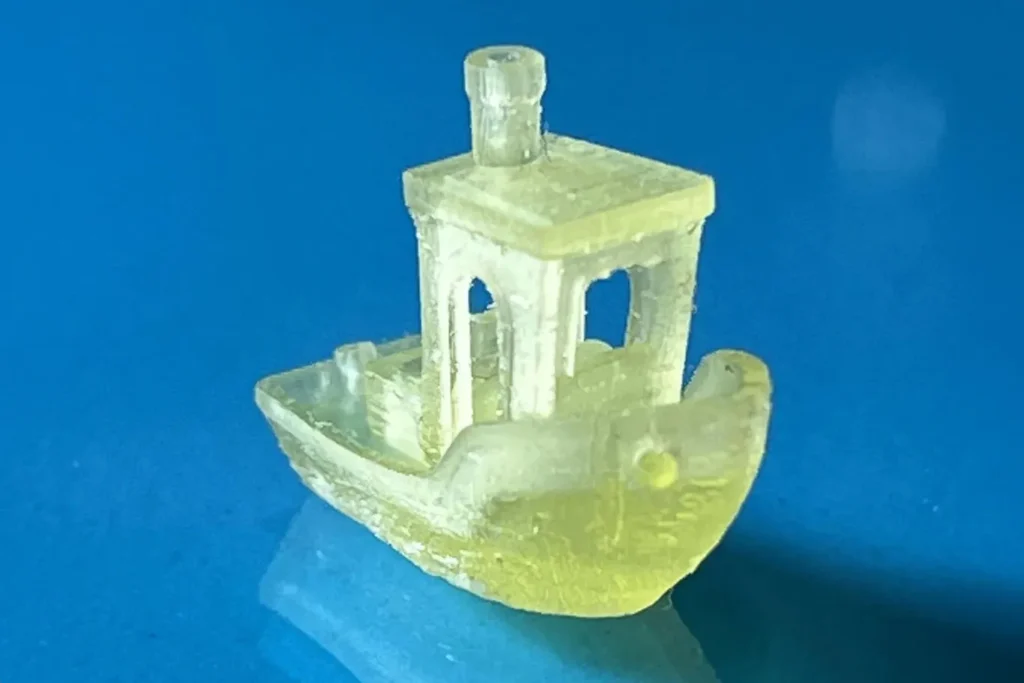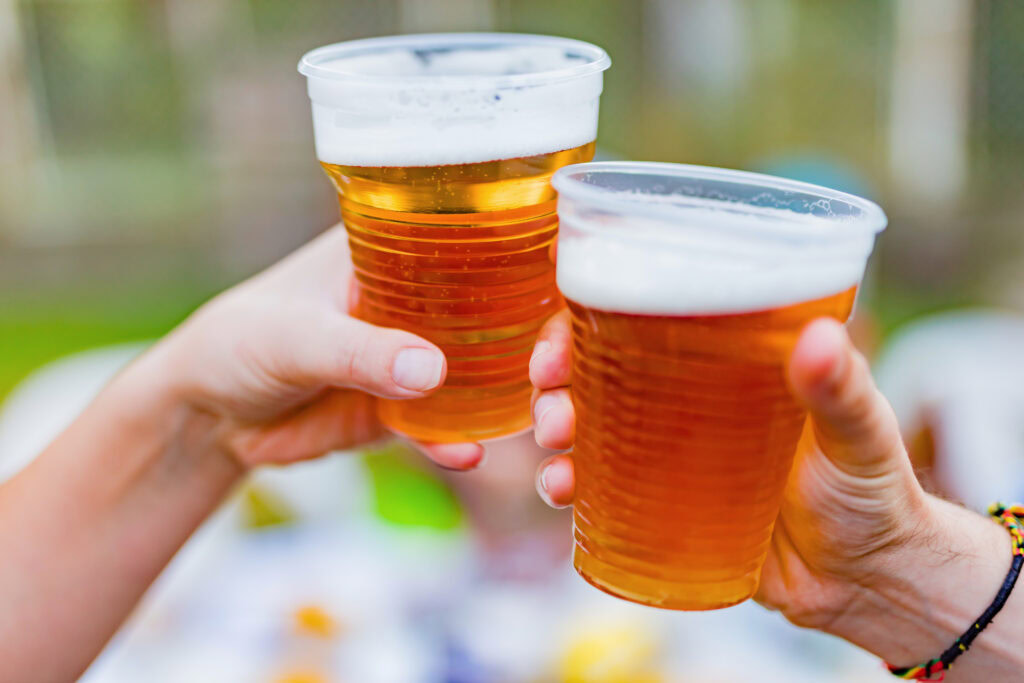The waste-processor-centric hubs will focus on mechanical recycling, chemical recycling, enzymatic recycling and microbial recycling.
They will be located in the Netherlands, Italy, Spain and partly in Ireland following the launch of the project at the University College Dublin last week.
ReBioCycle is a portmanteau for the “a new European blueprint for circular bioplastics upcycling solutions” project and was created 20 partners – including European Bioplastics and its members, including TotalEnergies Corbion, AIMPLAS, Novamont, Corbion, Sulapac and Kaneka. The project is being led by the University College Dublin and BiOrbic Bioeconomy SFI Research Centre.
Jan Pels chief technology officer and managing director of TORWASH, leader of the Dutch hub, said: “The current recycling technologies available for recycling biodegradable plastics are limited, but with this project we are going to make them widely available. Then nobody can claim that the switch to biodegradable plastics cannot be made, because they cannot be recycled.”
ReBioCycle has received €7.5 million in funding from the Circular Bio-based Joint Undertaking (JU) under the European Union’s Horizon Europe Research and Innovation Programme.
Proving scalability of bioplastic recycling
The project aims to demonstrate the operational potential at scale of three types of bioplastics: PLA, PHA and composites.
The aim is for a final blueprint which can provide direct contribution to several European action plans and strategies, such as the Bioeconomy Strategy, the Circular Economy Action Plan and the future Packaging and Packaging Waste Regulation.
Hasso von Pogrell, managing director of European Bioplastics, commented: “European Bioplastics strongly believes that an actionable EU Bioeconomy Strategy should be a top priority to safeguard the strength of our European industries.
“This is only possible with a strong collaboration between all stakeholders, more policy support, and technological advancement. This project is an outstanding example of this collaboration and will bring great advancement to the recycling of bioplastics.”










Subscribe for free